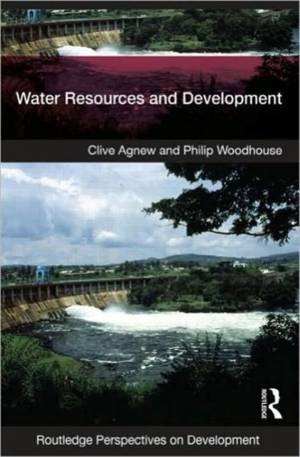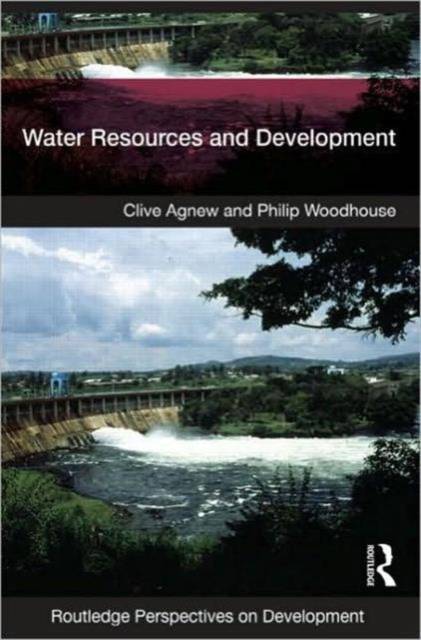
- Retrait gratuit dans votre magasin Club
- 7.000.000 titres dans notre catalogue
- Payer en toute sécurité
- Toujours un magasin près de chez vous
- Retrait gratuit dans votre magasin Club
- 7.000.0000 titres dans notre catalogue
- Payer en toute sécurité
- Toujours un magasin près de chez vous
Description
Since the start of the twenty-first century there has been an unprecedented focus upon water as a key factor in the future of both society and environment. Water management lies at the heart of strategies of development as does the added the hazard of climate change.
Water Resources and Development provides a stimulating interdisciplinary introduction to the role of water resources in shaping opportunities and constraints for development. The book begins by charting the evolution of approaches to water management. It identifies an emerging polarization in the late twentieth century between 'technical' and 'social' strategies. In the past decade these two axes of policy debate have been further intersected by discussion of the scale at which management decisions should be made: the relative effectiveness of 'global' and 'local' governance of water. A variety of case studies elaborate this analytical framework, exemplifying four key development challenges: economic growth, poverty reduction, competition and conflict over water, and adaptation to climate change. Current 'best practice' for water management is examined, addressing strategies of water supply augmentation, the ecological implications of intensified use, and strategies of demand management guided by economic or political principles. It is argued defining 'successful' water management and best practice requires first the establishment of development goals and the implicit trade-offs between water consumption and conservation.
This engaging and insightful text offers a unique interdisciplinary analysis by integrating scientific, engineering, social and political perspectives. This is an essential text for courses on development studies, geography, earth sciences and the environment.
Spécifications
Parties prenantes
- Auteur(s) :
- Editeur:
Contenu
- Nombre de pages :
- 346
- Langue:
- Anglais
- Collection :
Caractéristiques
- EAN:
- 9780415451390
- Date de parution :
- 15-12-10
- Format:
- Livre broché
- Format numérique:
- Trade paperback (VS)
- Dimensions :
- 155 mm x 231 mm
- Poids :
- 589 g

Les avis
Nous publions uniquement les avis qui respectent les conditions requises. Consultez nos conditions pour les avis.






